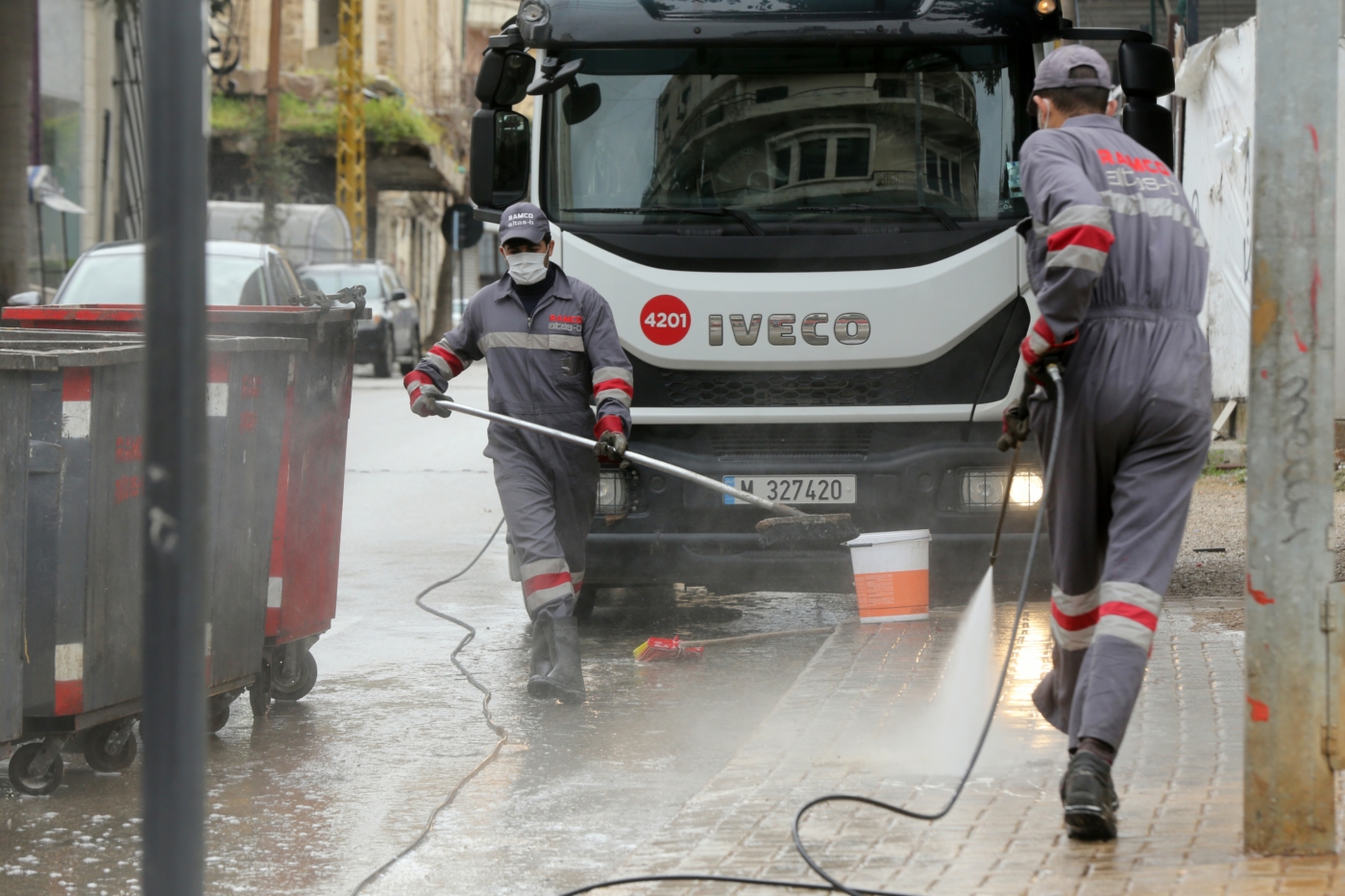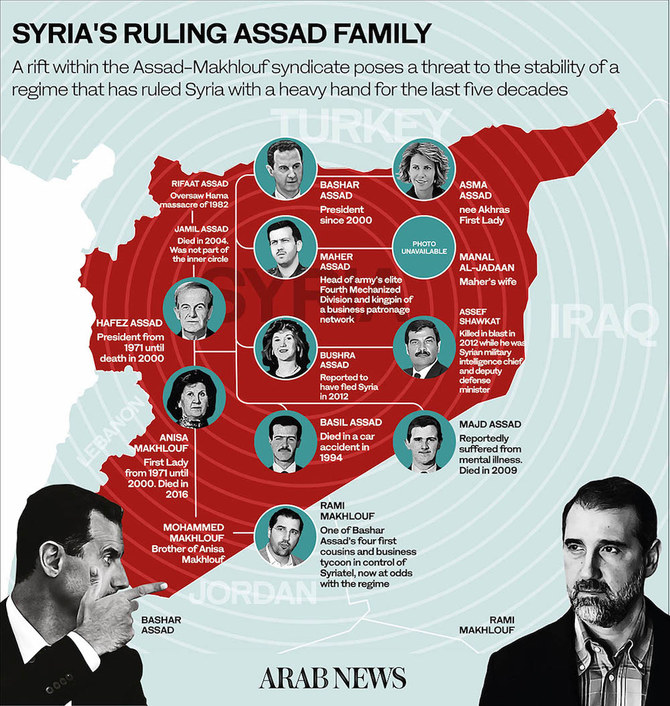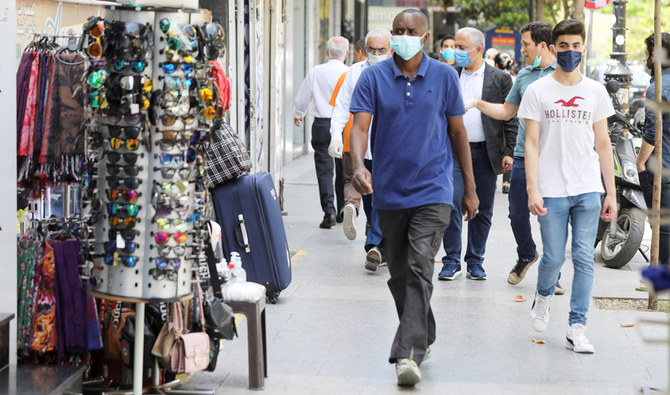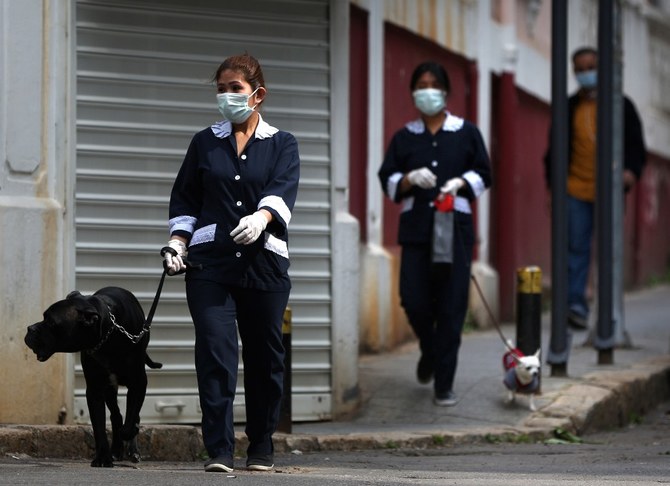
by voanews.com — Dale Gavlak — AMMAN, JORDAN – Prime Minister Hassan Diab says Lebanon, now suffering from an acute financial crunch and facing a COVID-19 outbreak, is also at risk of starvation. He warns that the multiple crises could spark a new migration to Europe and is asking the United States and Europe for financial help. The financial crisis is on a scale never seen before in the country. Inflation, poverty and unemployment have soared in Lebanon in recent months, with prices of goods doubling in many cases. Diab says the crisis could result in people being unable to buy bread, a staple. Analyst Michael Young says there are only two ways ahead for Lebanon. One is to carry out overdue reforms that will permit the International Monetary Fund to provide $10 billion in the first phase of a bailout plan. Young says he believes it is the only available key to unlocking wider foreign aid from the World Bank and the West. The other choice, he told The National newspaper, is to follow the path leading to “bankruptcy, state collapse, chaos, possibly famine, and mass emigration.”
Professor Habib Malik of the Lebanese American University says reforms are badly needed, telling VOA that Lebanon faces difficult, stark choices that won’t be easy to enact. “Lebanon is suffering from multiple, very profound challenges,” he said. “We know the IMF is not a charitable organization. They will come with all kinds of very austere conditions. This will translate into suffering for those who did not cause the problem but who have received the short end of the stick. The same political class who did all of this is just going to hang around. It’s the same criminal political class that got us here.”


![Until recently, the telecom tycoon had been seen as a pillar of the Syrian government since al-Assad rose to power in 2000 [File: Louai Beshara/AFP]](https://www.aljazeera.com/mritems/imagecache/mbdxxlarge/mritems/Images/2020/5/19/a56d67eeab0a483c96f3c7adede21e9a_18.jpg)









